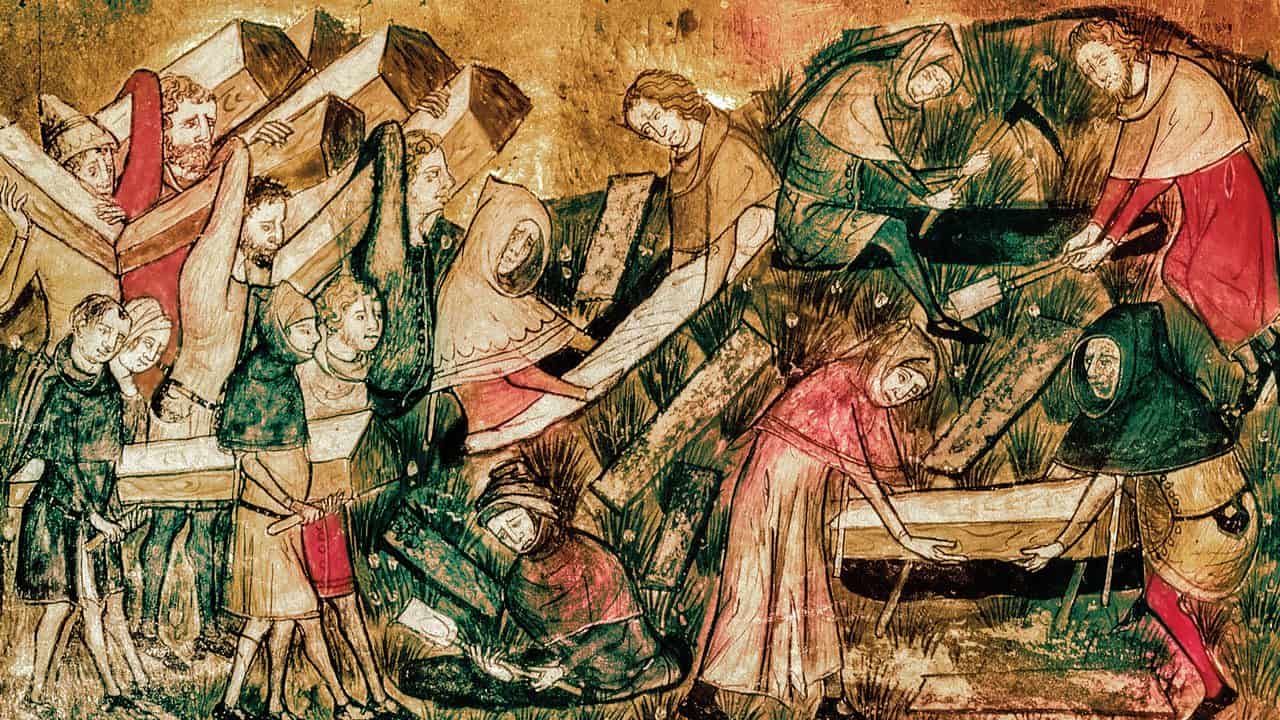
ADVERTISEMENT - CONTINUE READING BELOW
28. Genghis Khan Had a Greater Impact on Global Climate Than the Black Death
Scholars, who published their study in The Holocene in 2011, began their research with a global model of land cover in 800 AD. Then they examined four major historical events that could have impacted the climate because of reforestation after populations took a serious hit. Those were the Mongol invasions of the thirteenth century, the Black Death in the fourteenth century, the conquest of the Americas in the sixteenth and seventeenth centuries, and the fall of Ming China in the seventeenth century. All of these events caused massive fatalities. The Black Death, for example, killed over 25 million people. However, Mother Nature barely noticed those calamities – except for the Mongol invasions.
Genghis Khan’s depredations reduced global CO2 by about 0.1 part per million. It was a minor, but nonetheless noticeable and measurable effect. As one researcher explained, that was because the Mongol invasions had the greatest impact on the amount of land covered by vegetation: “We found that during the short events such as the Black Death and the Ming Dynasty collapse, the forest re-growth wasn’t enough to overcome the emissions from decaying material in the soil … But during the longer-lasting ones like the Mongol invasion and the conquest of the Americas there was enough time for the forests to re-grow and absorb significant amounts of carbon“.

